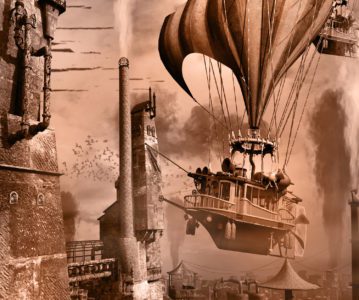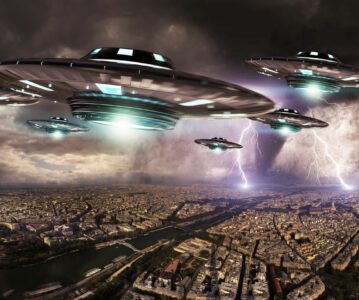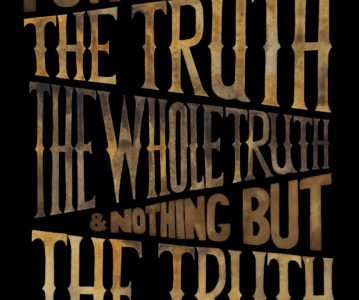Alternate History Guide
Go back in time and pick out some event that happened. Or didn’t. Make a change as a world-builder, then extrapolate outwards from there. The Difference Engine (William Gibson and Bruce Sterling) posited a world where Babbage’s invention of the same name was completed, and the Computer Revolution started a century earlier. (This book also is somewhat foundational in the entire Steampunk Genre.)








